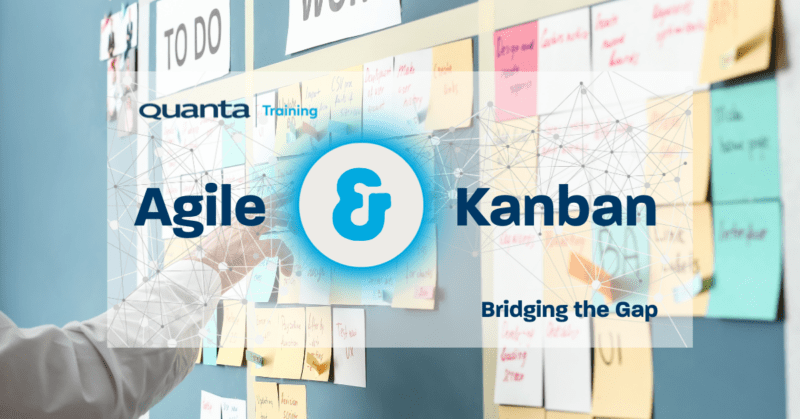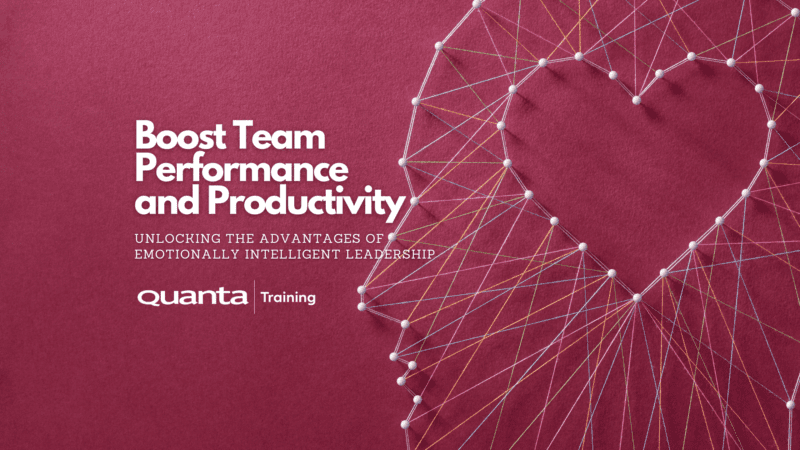APM Project Management Qualification (PMQ), previously known as APMP recognises both your technical management and leadership skills
APM Project Management Qualification (PMQ), previously known as APMP, is the qualification for anyone who has worked within project management for up to two years, such as project office personnel, team members, recently appointed project officers, or for anyone who has recently taken on project management responsibilities as part of their job.Book Your Course
Start Date
Venue
Availability
Cost
Course confirmed - Guaranteed to run
Course Full/Limited availability
Price shown excluding VAT.
Book a Private Event
If you require the content of this event tailored or have around 7 or more people to train it maybe better for you to host a Private Event, please get in touch to discuss this.
Get in touchDescription
Who is this course for
APM Project Management Qualification is the benchmark qualification for anyone embarking on a project management career, or looking to add project management to their portfolio of skills.
Purpose of the course
The course provides a wide breadth of knowledge in all areas of Project Management, from strategic and commercial implications, to the technical, organisational, and people management skills required to participate effectively within a project team. The APM Project Management Qualification provides evidence of a thorough understanding of project management. Based upon the APM’s Body of Knowledge, the course covers all the techniques required to plan, control and implement successful projects.
You will learn how to
- Apply the tools and techniques suggested by the Association of Project Managers
- Contextualise a project in different environments, such as business as usual, programme and portfolio
- Use and apply a social roles model
- Use and apply a situational leadership model
- Approach conflict in project management in different ways, each suited to a given circumstance
Prerequisites
This is an advanced course and it is advised that you have completed one of the following courses: Principles of Project Management, APM Project Fundamentals Qualification, PRINCE2 Foundation or PRINCE2 Combined.Or have extensive experience in project management and ideally have been working in a projects role for at least two years.
Benefits for you as an individual
Attendees should, by learning 37 syllabus areas, gain a good understanding of what a project is and what a project manager's job involves. This includes techniques such as risk assessment, planning and reporting and 'softer' elements of project management such as communication, motivation and teamwork.
Benefits for your organisation
Attendees should gain a fully rounded appreciation of what is involved in managing a project: topics are explored in detail, with the emphasis on what needs to be done in running a project, such as the use of milestone charts and earned value analysis in reporting.
General
- What is a Project? and Project Management?
- Defining ‘Programme Management’ and ‘Portfolio Management’
- Understand the benefits of managing groups of projects within an organisation
- The important factors of a project’s context and the effects of these context factors on a project
- Understand stakeholder management
Strategic
- Project success criteria and success factors
- Learn suitable performance indicators to apply to project success factors
- The Project Management Plan, its purpose, content, authorship, readership and ownership
- The Project risk management process
- Identifying and evaluating risks and the risk management plan
- The role of quantitative analysis
- Common quality techniques
- Differences between quality planning, quality control, and quality assurance
- Health and Safety and Environment standards applicable to PM
Control
- Main break down structures and their fundamental relationships
- Demonstrate the use of different techniques for scheduling projects
- Time schedules and resource allocation schedule
- Resource histograms and ‘S’ curves
- Cost management - methods & reasons
- Change control
- Identifying possible change control problems
- Understand how an earned value system works
- Communication methods
Technical
- How to structure a project cost estimate
- The different estimation methods
- Estimating the effort needed to execute a project
- Configuration management
- Defining the terms configuration control, configuration identification, configuration status accounting, configuration auditing
Commercial
- Understanding the business case
- Internal Rate of Return (IRR)
- Net Present Value (NPV)
- Payback periods
- Purchasing and contracting methods
- Outlining the principles of managing suppliers and contractors
Organisation and Governance
- Project life-cycles
- Handover and closeout
- Project reviews
- Organisational roles
Organisational
- Project life-cycle and the reasons for managing projects in them
- The hand-over and close-out process
- Post project review and its place in the project life-cycle
- Recognising the different types of project organisation and their merits
- The factors to be considered when setting up the project organisation and its administration and defining the different roles required in the management of projects
People
- Communicating methods
- Identifying the needs of teams
- The different types of teams and social roles needed in teams
- How to build and motivate a team
- Leadership qualities
- Conflict management
- Negotiation techniques
Additional Exam Information
Although the duration of the course is 5 days the exam will take place on the Monday after your course.Exams for APM PMQ are ran exclusively online using the APM exam system Surplus. For the online exam you will need a laptop using the latest version of Google Chrome, which allows extensions to be added and in addition a smartphone or tablet to act as a second camera view. You can find out more here.
The exam is a 3 hour exam and is sat on the following week after the course - please check your joining instructions for date and time. You must answer 10 from the 16 questions covering 37 the syllabus topics. You will need 55% or more to pass.
Exam results will come directly to you from APM.
Pre-Coursework
15 hours of pre-course preparation work is required, along with some evening work during the course. You will be sent login credentials to our e-learning platform Quanta Learn where you can access this pre courses work.Pre-course reading and post-course support on Quanta Learn, our e-learning portal.
Get Started
Forget trawling through endless course catalogues – Find the training that’s right for you
Learn MoreLatest from our blog
Kanban and Agile: Bridging the Gap
Kanban and Agile: Bridging the Gap Quanta’s Kanban University Certified Trainer Steve Church explores the way in which Agile and…
Read More
How a Ballerina could move into Cybersecurity
Jason Ford, Quanta Cybersecurity and IT Trainer talks about the limitations in Cybersecurity Training courses. Jason discusses a safe and…
Read More
Boost Team Performance and Productivity: Unlocking the Advantages of Emotionally Intelligent Leadership
Quanta People Development and Leadership Trainer, Giles Collins outlines the key elements of Emotionally Intelligent Leadership and how it impacts…
Read More





